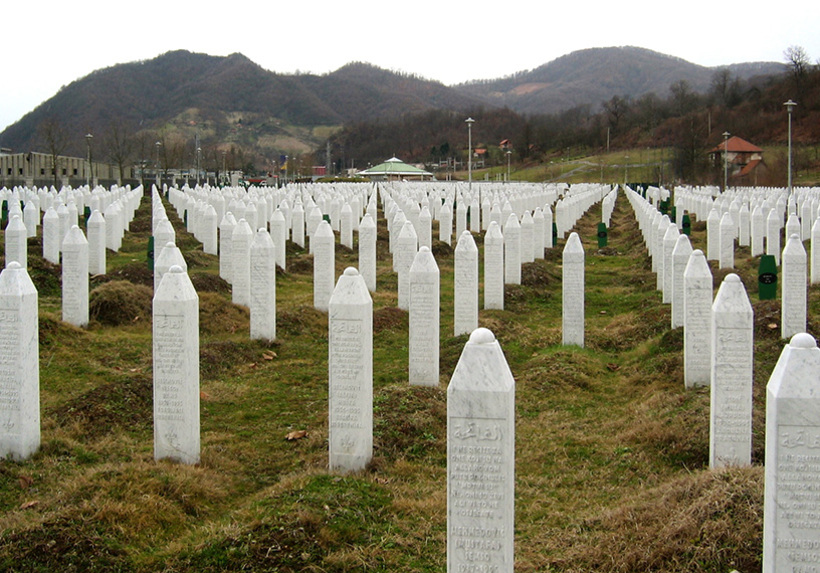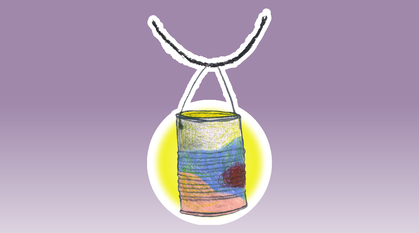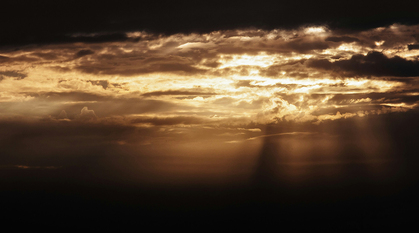Remembering Srebrenica: 30 years on
Judith Baker reflects on 30 years since the massacre at Srebrenica and the ever-pertinent questions "Why did we let it happen?" and "How can we stop it happening again?"

Friday 11 July 2025 will mark 30 years since the massacre at Srebrenica, when over 8,000 Bosniak (Bosnian Muslim) men, and boys over 12, were murdered in the town in the worst single event of the Bosnian civil war of 1992–1995. Churches have come together to organise events to mark this anniversary, and we encourage Quakers to support them.
The Srebrenica massacre is still fresh in memory of the bereaved and of all who are horrified at any such deaths, but also in the memory of the soldiers who stood aside and permitted it to happen.
Until that day, it was believed that sufficient protection would be guaranteed for civilians by a United Nations safe area during a conflict. All that changed when Bosnian Serb forces took away all the men and boys, the agreed protection was violated, and the Dutch soldiers had no orders to intervene.
The killings at Srebrenica are recognised as one of five genocides since 1941 (along with Cambodia, Rwanda, Darfur and the Nazi Holocaust). At our recent Yearly Meeting, Quakers agreed Minute 30 which states our belief that a genocide is underway in Gaza.
Minute 30 notes that our long history of witness and peace work in Palestine and Israel gives us particular experience from which to speak on Gaza. It also acknowledges that speaking about Gaza comes with a responsibility to learn about and respond to other atrocities around the world.
The questions that are always asked in the wake of genocides are: "Why did we let it happen?" And: "How can we stop it happening again?"
We stop future atrocities by remembering and learning about the past, by not forgetting how people have dehumanised and treated each other. And we stop future atrocities by honouring international standards, of war, yes, but also of human rights and humanitarian agreements.
The modern framework of human rights standards emerged in response to the Holocaust. They apply to all people, of every ethnicity, and the governments of the world agreed them. Yet it seems we are in danger of forgetting these lessons of the past, the importance of protective laws and structures, in allowing them to be undermined, at home and abroad.
Advice and Query 31 calls on us to live "in the virtue of that life and power that takes away the occasion of all wars". It asks us faithfully to maintain our testimony that war and the preparation for war are inconsistent with the spirit of Christ.
It is slow and difficult work, but we can help prevent future atrocities by creating a culture that doesn't allow hate and prejudice to take root, by building peace and understanding and mutual reliance between peoples.
Responding to the Bosnian civil war and other conflicts in the former Yugoslavia, Quakers in Britain developed work in the region. The book To Trust a Spark documents that work. The peacebuilders in the region are still needed and they are still working to heal the scars from that war.
Today's wars will need similar efforts by many hundreds of people once violent conflict has eased. Peace is the work of generations, and of all of us. Attending an event to Remember Srebrenica is another marker on the journey to peace.


